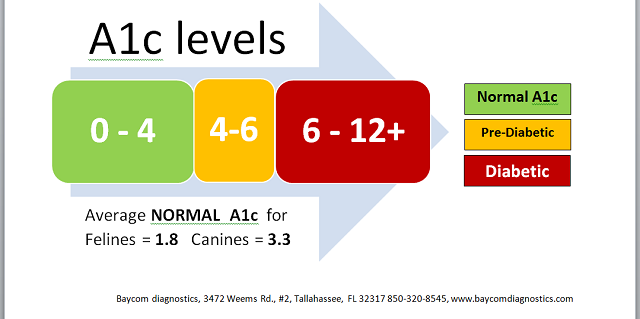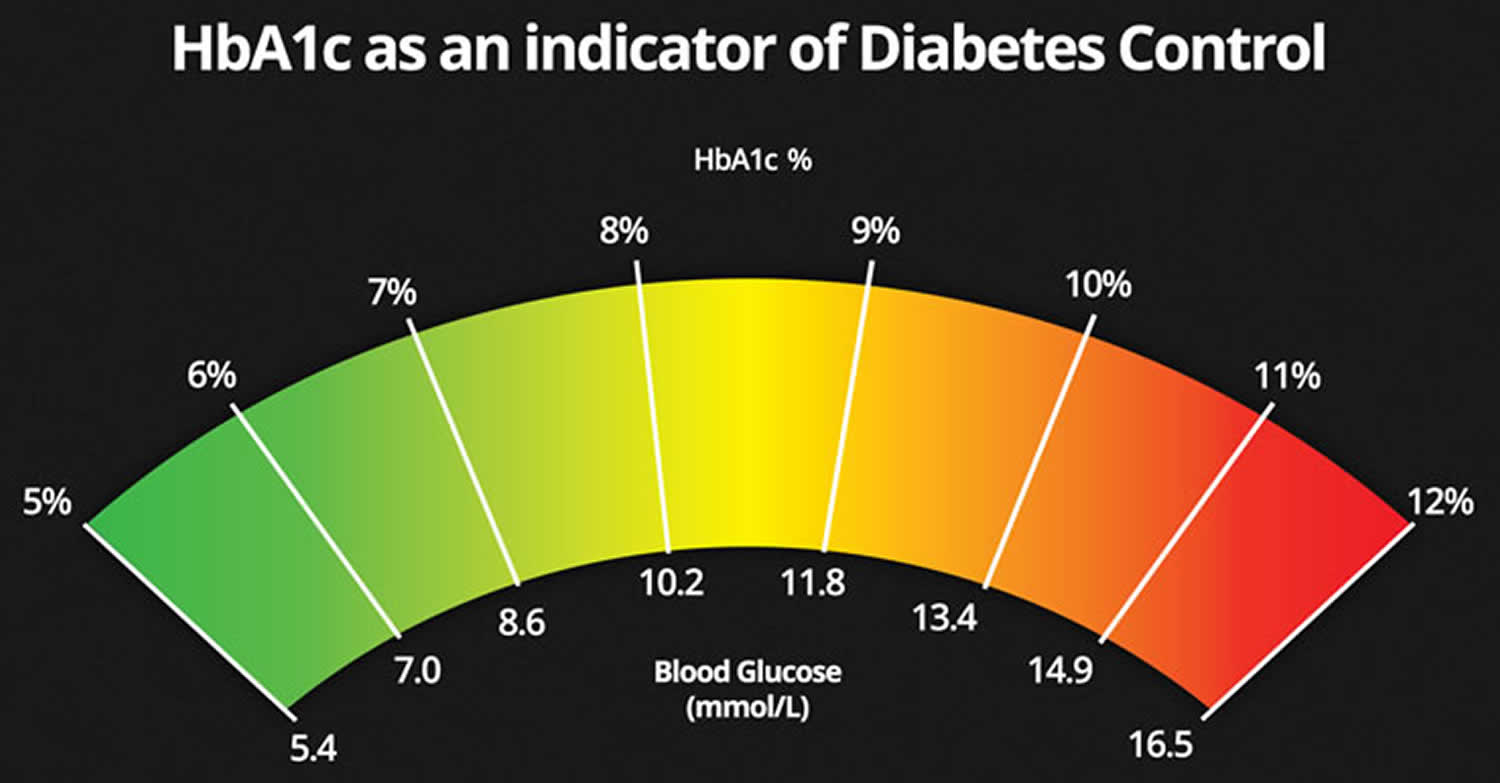

- Hemoglobin a1c normal range in pregnancy how to#
- Hemoglobin a1c normal range in pregnancy skin#
- Hemoglobin a1c normal range in pregnancy professional#
How Can High Hemoglobin Levels Be Treated During Pregnancy?īased on the fact that high levels of hemoglobin can be indicators of many underlying health problems, only a professional can determine the cause and recommend the proper treatment.

Iron overdose: Naturally, the higher the level of iron, the higher the level of hemoglobin.It occurs when the gestational need for the oxygen isn't met. Erythrocytosis: The condition is easily recognized by an abnormal increase of erythrocytes.Dehydration: It only temporarily increases the level of hemoglobin which comes back to normal as soon as the mother-to-be drinks some fluids.Higher levels of this protein can occur during gestation as well, especially as a result of:

Usually, this issue is related to either lungs, kidneys or the heart. High hemoglobin usually occurs when there is an underlying issue present. High Hemoglobin Level During Pregnancy Causes of High Hemoglobin Level During Pregnancy Hemoglobin in pregnancy can only stay at the desired level if you avoid or stop consuming items rich in caffeine, calcium, and gluten that prohibit the proper absorption of iron. Various seeds such as flax seeds and sunflower seeds should also be a part of your diet as they are rich in folate too. The good sources of folic acid are foods like banana, avocado, corn, lettuce, and sprouts.Foods rich in vitamin C such as kiwi, lime, raspberries, and oranges, as well as green leafy vegetables, tomatoes, broccoli, and peppers.Foods rich in iron such as leafy vegetables, dry fruits such as almonds and raisin, sesame seeds, fruits like kiwi, peaches apples, guava, and grapefruit.These deficiencies can be fixed by including the following items in your diet: In addition to the increase of blood volume being the reason behind low hemoglobin, deficiency of iron, vitamin B12, vitamin C and folic acid could also be responsible for it. If the drop is not so apparent, you can slightly change your diet to meet the iron needs. Remember to take them regularly as levels can go back down once you stop taking them. You should be able to increase hemoglobin in pregnancy by taking iron supplements.
Hemoglobin a1c normal range in pregnancy how to#
How to Boost Hemoglobin Levels During Pregnancy This condition is easily recognized by the severe chest pain that tends to move to the neck, shoulders, and arms. When its levels finally fall to 6 g/dL and below, angina will develop in a mother as a result of her heart not getting enough of blood.
Hemoglobin a1c normal range in pregnancy skin#
Paleness of the lips and skin in general.Coldness of the peripheral parts of the body, such as feet and hands.The problem can be so severe that it can even interrupt the regular progression of the gestation, causing side effects such as: While it is normal for hemoglobin to fall to 9.5 g/dL and cause a mild form of anemia, dropping below 9 g/dL can lead to some serious problems in both mother and baby. Your body being incapable of absorbing iron normally and thus causing your hemoglobin in pregnancy to be extremely lowĮffects of Low Hemoglobin Level During Pregnancy.Eating a diet low in iron for some time before getting pregnant.Heavy menstrual flows that you've been experiencing before becoming pregnant.If your hemoglobin levels have fallen drastically, it could be due to: While the mild drop of hemoglobin during gestation is entirely normal, extremely low levels of it can be alarming. Low Hemoglobin Level During Pregnancy Causes of Low Hemoglobin Level During Pregnancy Here is a chart telling you normal hemoglobin levels: This leads to the decrease of RBC concentration in blood, causing hemoglobin levels to drop. This is because the volume of blood has to increase up to 50% in order for a body to provide the baby with all necessary nutrients. Hemoglobin levels normally fall during pregnancy. Therefore, the measurement of this protein while expecting is of high importance. During gestation, the body needs more oxygen, while hemoglobin is responsible for carrying oxygen and the concentration of it affects the oxygen-carrying capacity. Estimating hemoglobin levels is a common practice after you get pregnant.


 0 kommentar(er)
0 kommentar(er)
